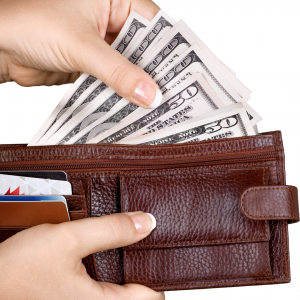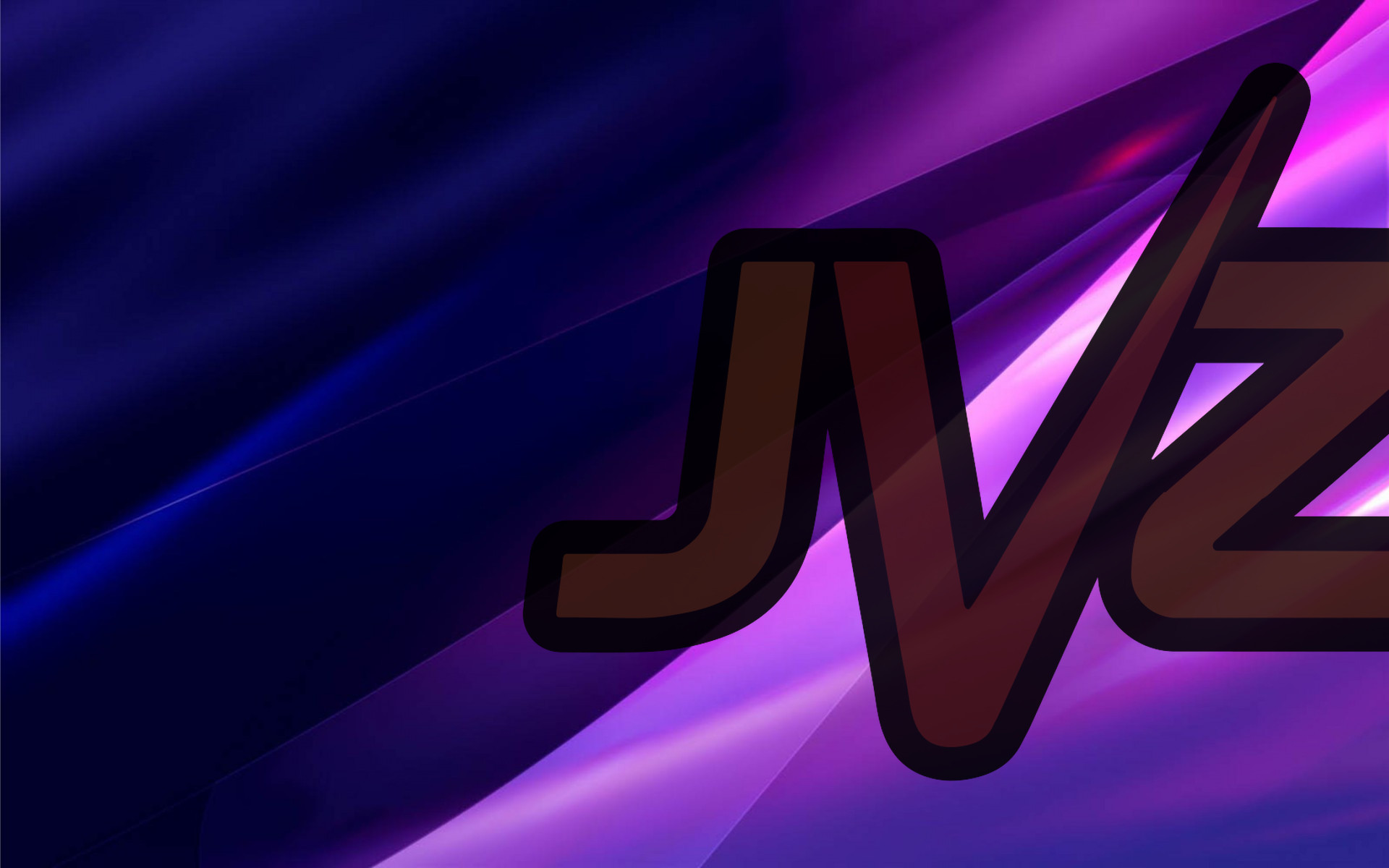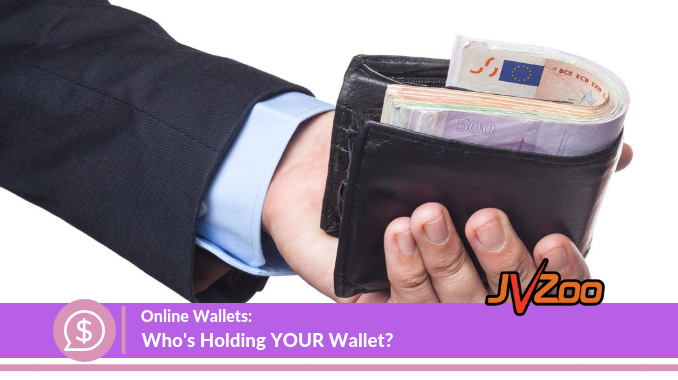People rarely carry cash anymore.
Now, more than ever, you probably don’t even want to carry anything except your phone.
And why should you, when you can use an online wallet?!
But …What IS a “Wallet?”
Sometimes the terminology gets cloudy and people aren’t certain which type of online wallet they are using: an eWallet or a digital wallet.
An eWallet:
- Preloads money in the wallet to conduct cardless transactions.
- Moves money from the user’s account into either a merchant’s account or an escrow account.
- Coinbase, Payoneer, PayTM, Ayden
On the other hand, a digital wallet:
- Saves credit card details in the wallet to conduct cardless transactions.
- Does not move the money out of the user’s account
- ApplePay, GooglePay, Authorize.net
PayPal provides both eWallet and digital wallet services.
Companies that provide these services must have a specific permit called a Money Transmitter License (MTL) which legally allows them to hold and distribute people’s money.
A Money Transmitter is a business entity that handles the transfer of money as well as payment services. The entity must register for a license that falls under the specific state definitions of a money transmitter. (Wiki) And, each state has a different definition, all of which are overseen by the Financial Crimes Enforcement Network (FinCEN).
A business that is conducting transactions in this way is considered by the government to be an MSB (Money Service Business). Trying to understand the laws surrounding MTLs and MSBs is pretty complicated. For the full details on the Code of Federal Regulations regarding Money Transmitter License Law, Click HERE.
In simplified terms, if a business is doing any of the following, they will likely be considered an MSB and need an MTL if:
- The business is neither the originator of the transaction nor the beneficiary of the transaction.
- The business is the financial link between two parties who are conducting the actual transaction.
- The business is applying a fee for handling the transaction, regardless of how small.
- As part of processing the transaction, the business actually touches the funds, meaning the money goes through the business bank account, even if it’s only for a little while.)
Obtaining money transmitter licenses is no easy feat. It involves a large amount of paperwork, money and time. It can take up to two years to amass all 50 state licenses. (Faisalkan)
 Let’s look at the Money Transmitter License and the Wallet in simple terms:
Let’s look at the Money Transmitter License and the Wallet in simple terms:
In real estate, when a buyer wants to purchase a home, it is customary to offer up an amount of earnest money. The earnest money is held in escrow by a third party, usually an attorney, in a specific and separate account until the transaction closes. The attorney holding the account may, with the buyer’s written permission, collect interest on the money in that account while it’s being held. At closing, the earnest money is applied towards the purchase price of the home. If the buyer defaults, the seller may demand the earnest money be paid to them as damages since they kept their house off the market for a period of time.
This is similar to how a real online Wallet works. The money for a transaction is held in a designated account, solely for the purposes of completing a specific transaction. There are very strict laws in real estate about commingling funds: money that belongs to the buyer cannot be used by the attorney to pay out other transactions. The escrowed funds must remain untouched, and available for distribution to one of the two parties in the transaction at all times.
The escrowed money cannot simply be dumped into a general operating account.
So, then can a business call themselves a Wallet if they don’t hold a Money Transmitter License?
Sure, but that might not mean they are truly operating as a money transmitter and an actual Wallet. And, all that safety everyone is talking about online might be a false sense of security.
If a business is using PayPal to bring money in and then distribute out to affiliates, then PayPal is still the Wallet.
Even if a company says they have their own exclusive wallet, PayPal is the one processing the transaction on the front end. PayPal is still the one holding the Wallet for a business who is collecting funds and dumping them into a general operating account.
This is YOUR money going into someone else’s account, mixed in with everyone else’s money.
Going back to the real estate example: if all escrow funds are commingled with general operating funds, it becomes difficult to tell the difference between which money belongs to whom. If the law firm goes bankrupt or their accounts are frozen due to something like a lawsuit, the escrowed money is safe, because it was being held in an account exclusively used for escrow purposes.
If the great fear out in the world of internet marketing is doing business with PayPal, then it seems contradictory to feel safe continuing to allow PayPal to handle the bulk of transactions for an entire platform.
From this perspective, it doesn’t seem like a safer option, just a different one. This is simply marketing.
So, as you make your choice to leave your own credit cards at home and venture out with only your phone, be sure you know the answer to this question…
Who’s holding YOUR wallet? And are they a real e/digital Wallet or simply posing as one?

